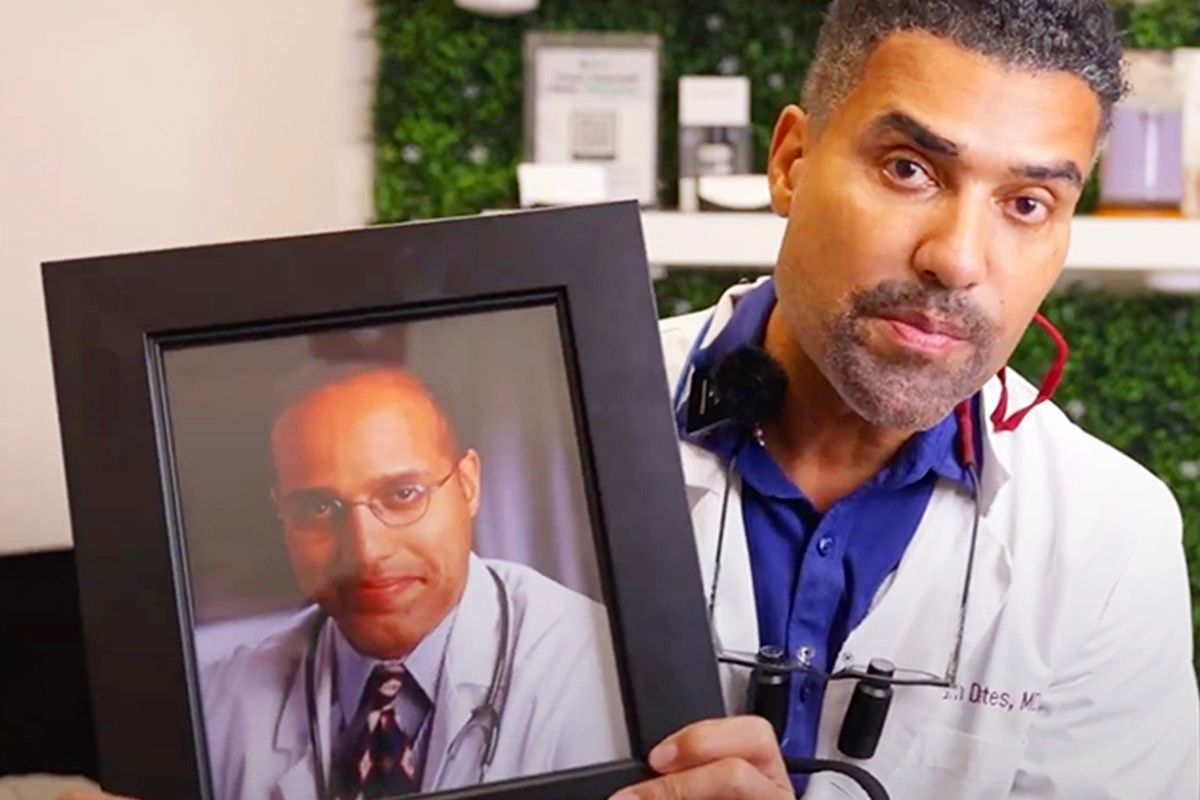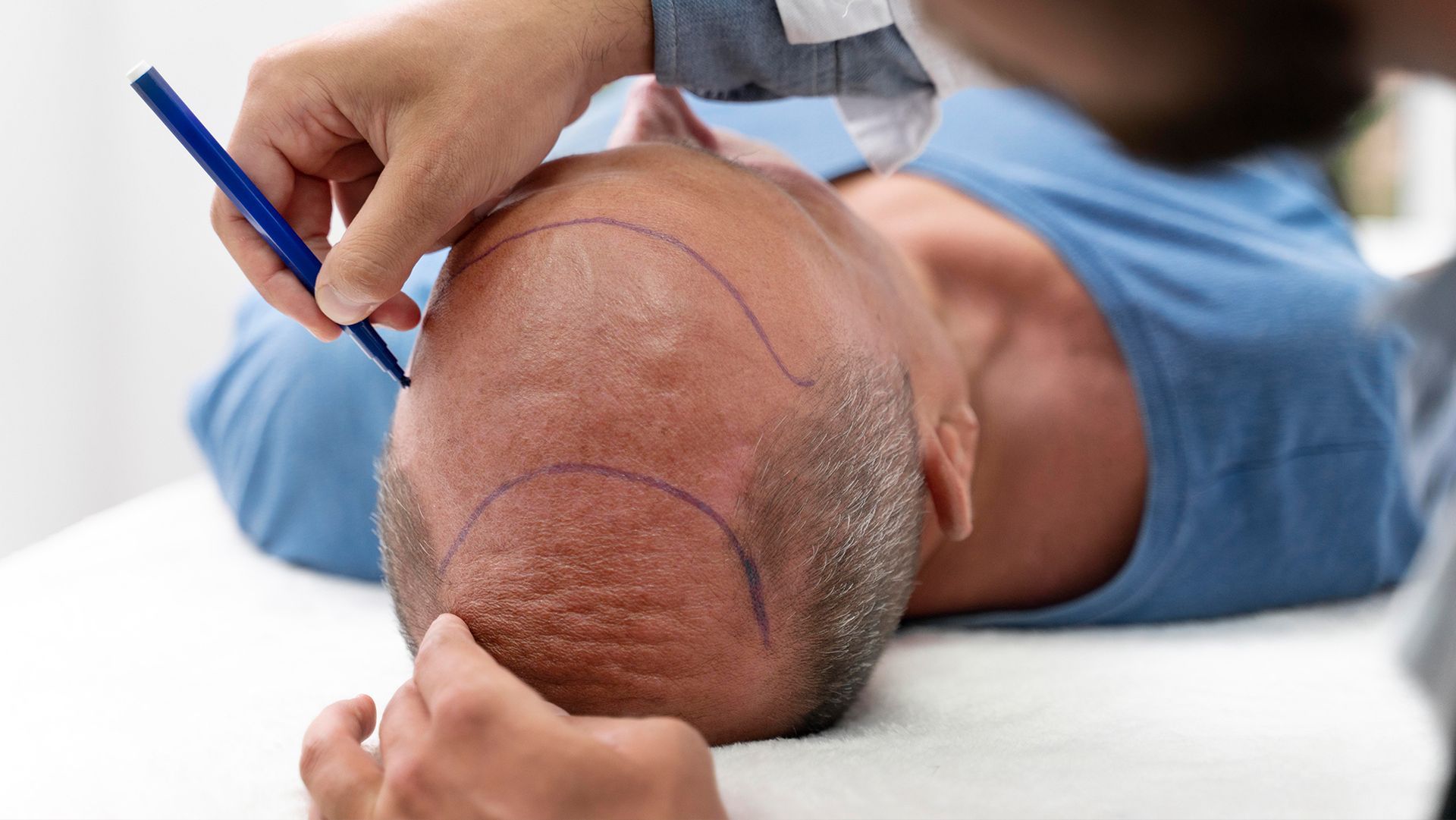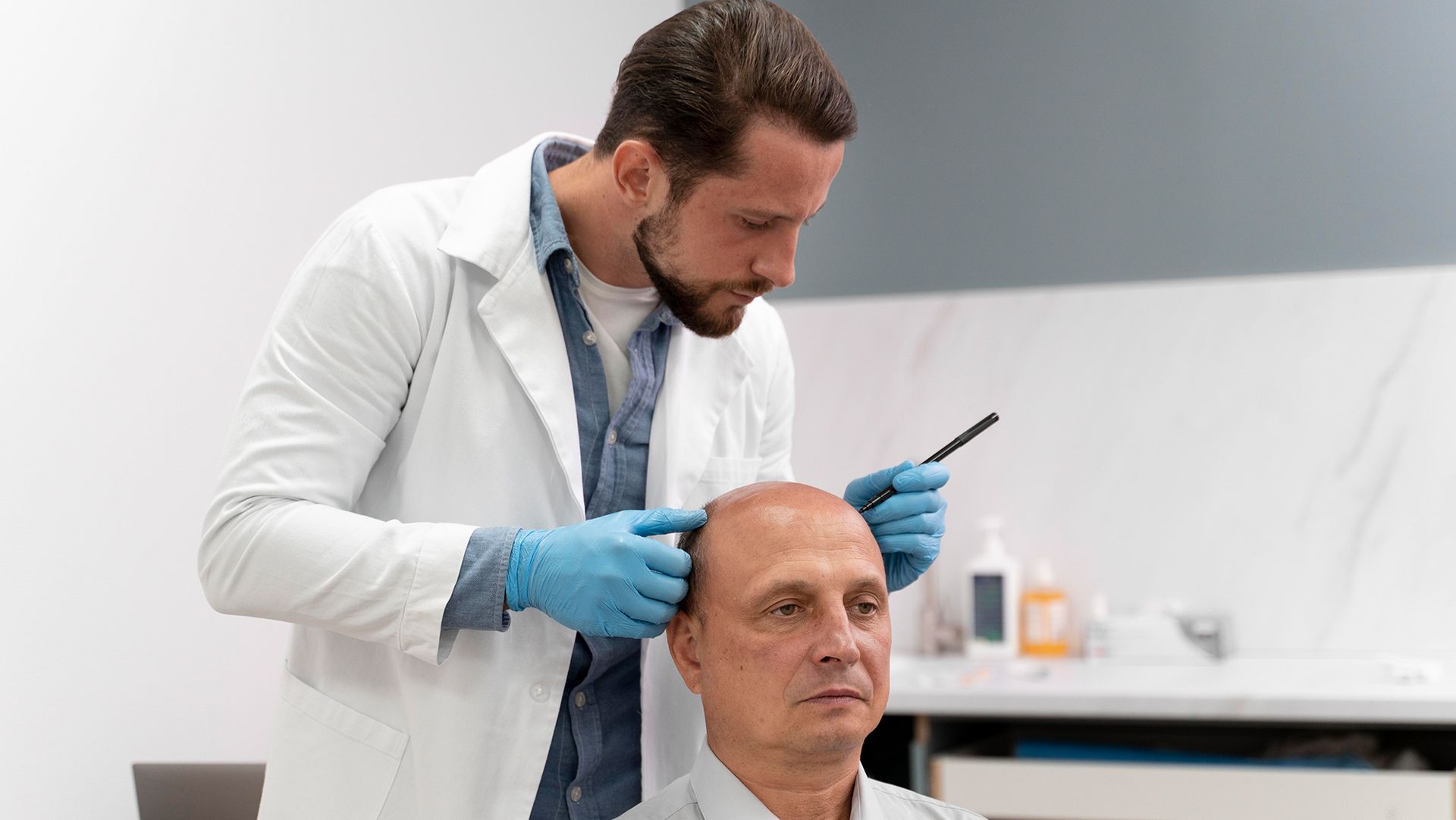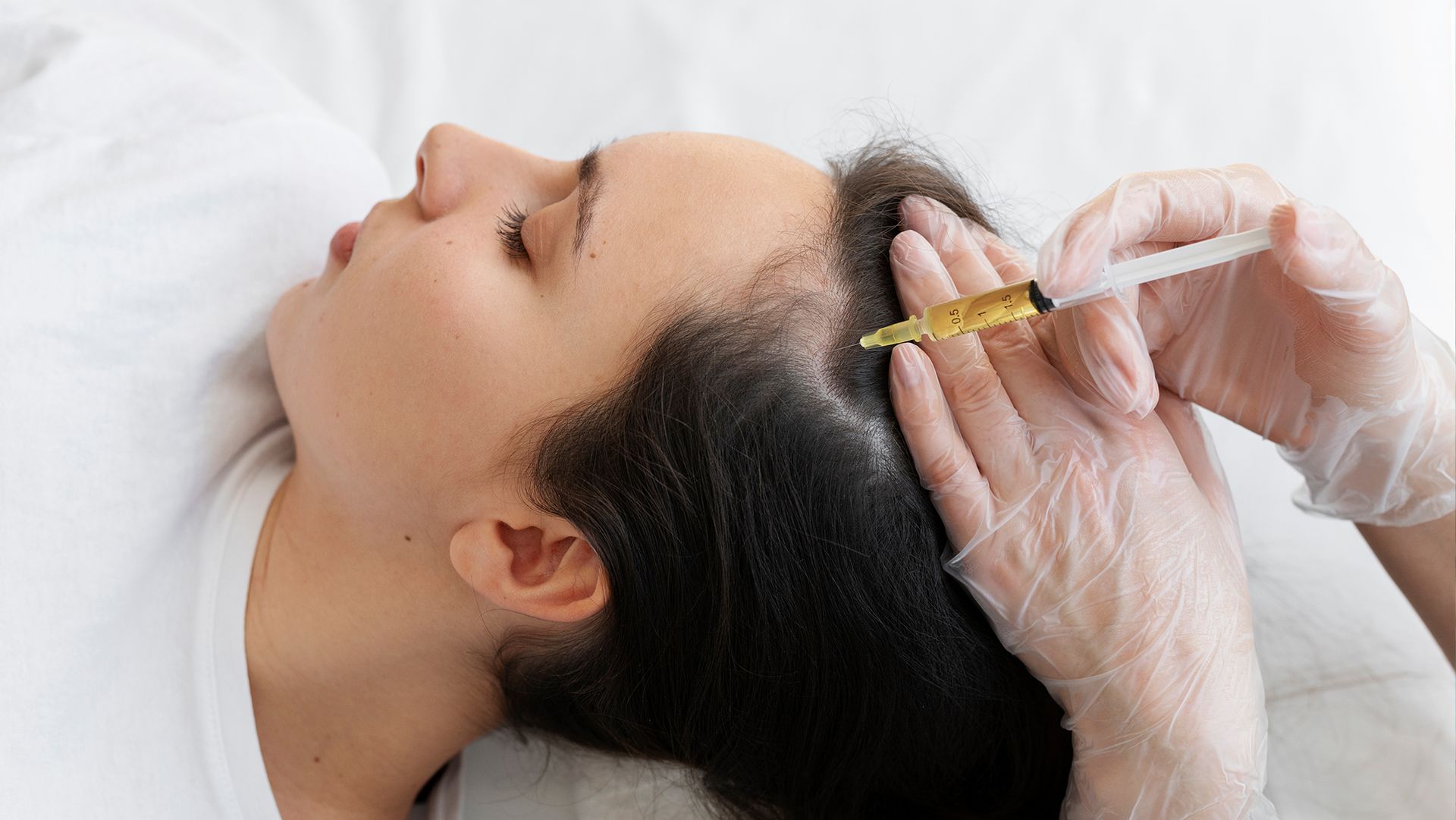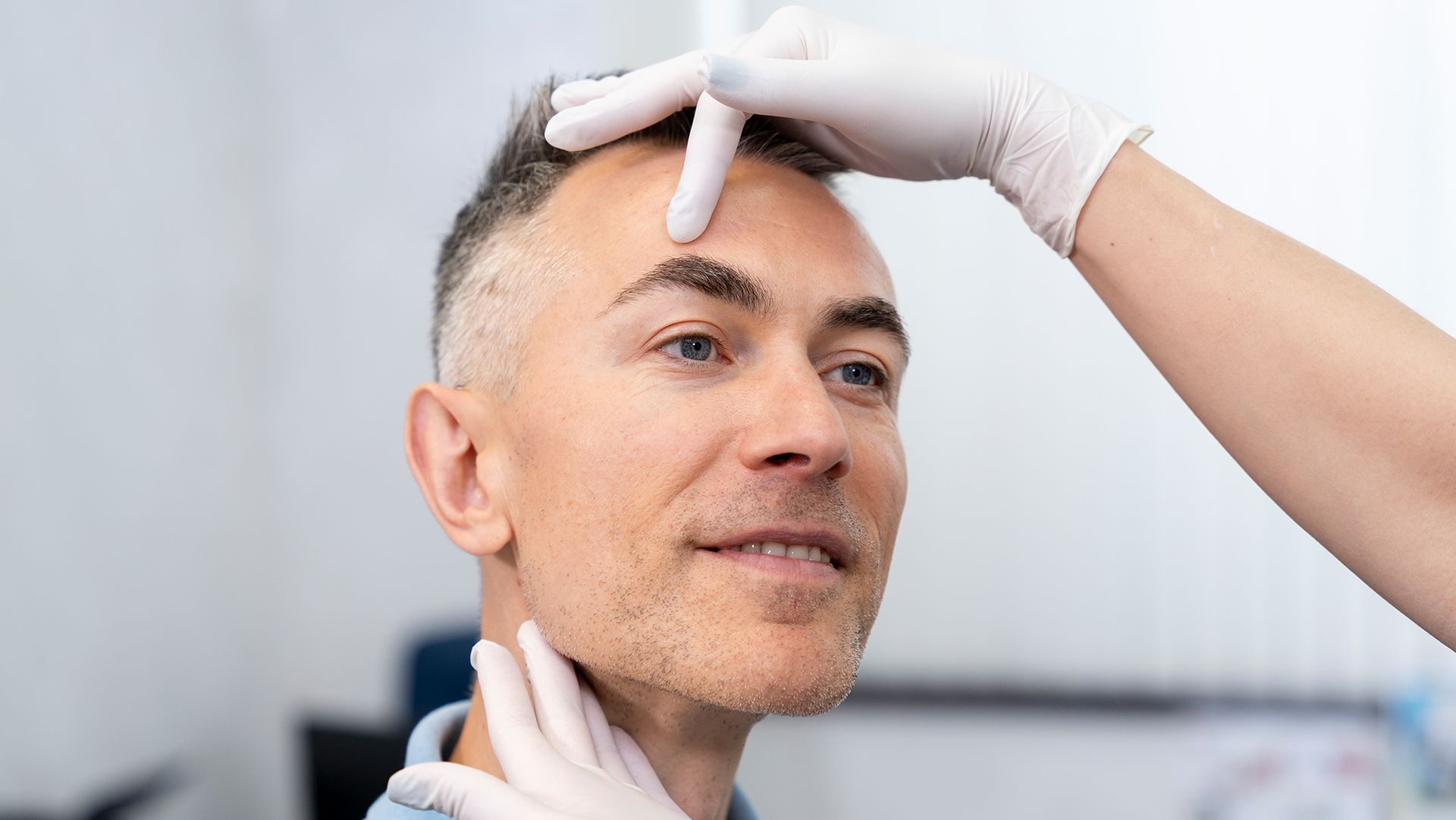Hair Loss and Vitamin Deficiency: A Medical Perspective
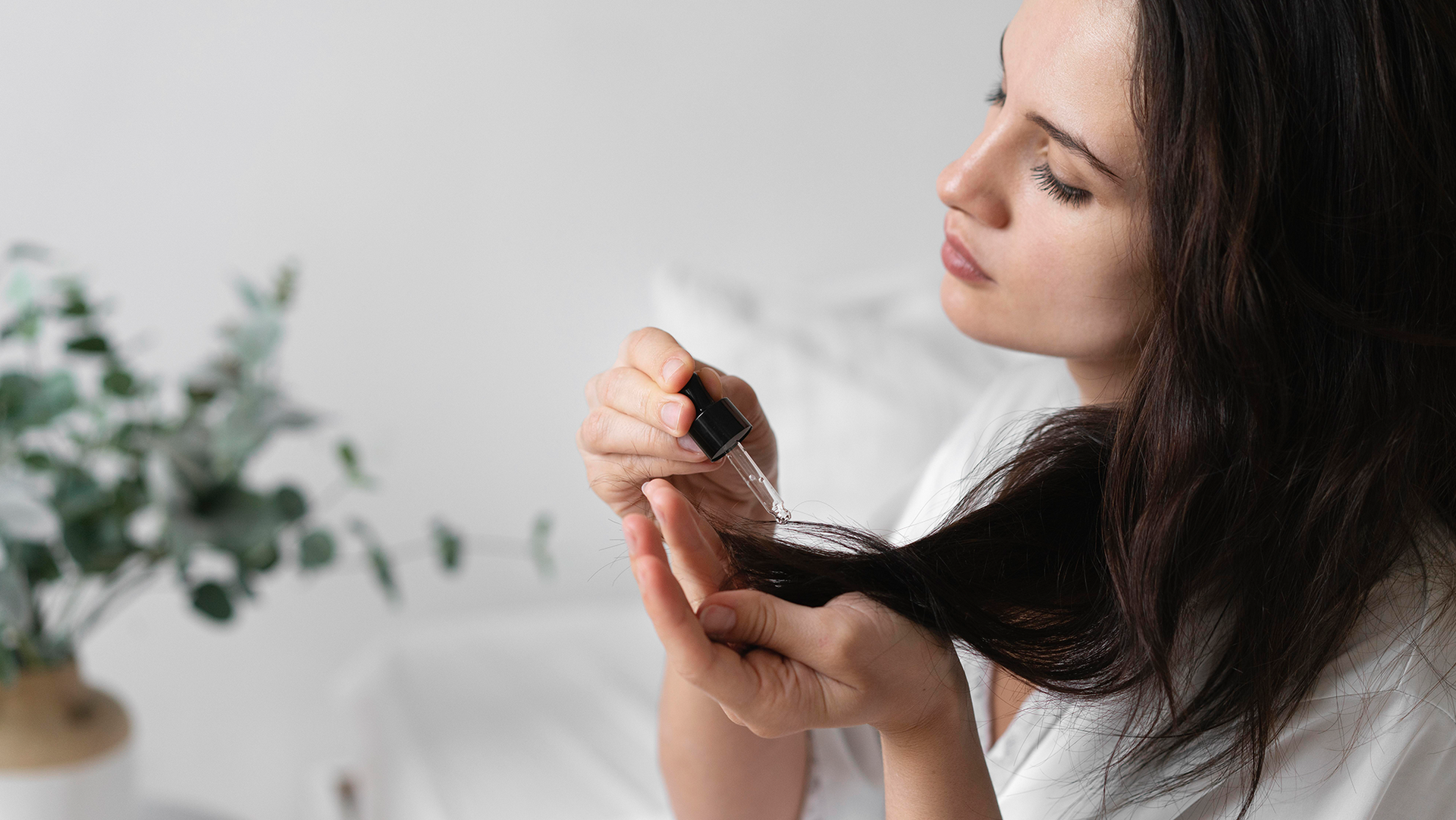
Are you losing more hair than usual? If so, it's not just your hairbrush asking the question. Your body might be signaling a deficiency in essential vitamins. You're not alone in this. Hair loss is a common concern affecting millions of men and women worldwide. While several factors can lead to hair loss, vitamin deficiencies are often overlooked. This article explores the intriguing relationship between hair loss and vitamin deficiency, backed by scientific studies and medical perspectives.
The Connection Between Hair Loss and Vitamin Deficiencies
Hair loss can be a distressing condition for many individuals. While several factors can lead to hair loss, including genetics and hormonal changes, certain nutritional deficiencies can also play a significant role.
Vitamin Deficiencies and Their Impact on Hair Health
Another significant factor that can contribute to hair loss is nutritional deficiencies. A cross-sectional study conducted among Indian participants revealed a high prevalence of nutritional deficiencies in individuals experiencing hair loss. While this study emphasizes the need for further research assessing the impact of nutritional supplements on hair growth, it underlines the importance of a balanced diet for maintaining hair health.
The role of micronutrients in hair loss is also noteworthy. A research paper by ODermatol explores the influence of micronutrients on the hair follicle cycle and their use in hair loss treatment. The study reviewed a total of 119 papers, shedding light on the importance of micronutrients, including vitamins, in preventing hair loss.
Here's how specific vitamins are linked to hair loss:
The Role of Biotin in Hair Loss
Biotin, also known as vitamin B7, has been closely associated with hair health. A deficiency in this vitamin can lead to hair thinning and loss. Biotin is essential for protein synthesis, particularly in the production of keratin, a protein that contributes to healthy nail and hair growth. It also aids in maintaining hair growth and helps with inflammation, benefiting the hair follicle, skin, and nails.
Iron Deficiency: An Overlooked Cause of Hair Loss
Iron is another crucial nutrient that impacts hair health. Iron deficiency, especially when it leads to anemia, can cause hair loss. An article in the Journal of Korean Medical Science discusses the relationship between iron deficiency and hair loss, suggesting that iron therapy can improve hair regrowth in certain types of hair loss.
Vitamin A and Hair Loss: What's the Connection?
While vitamins are generally beneficial, too much of a good thing can turn bad. This is particularly true for Vitamin A. According to a study by the Department of Nutrition and Food Sciences, excessive Vitamin A can trigger hair loss. Therefore, maintaining a balanced intake of this vitamin is crucial.
The Unseen Role of Vitamin E in Hair Loss
Vitamin E is often hailed for its antioxidant properties. But did you know it also plays a pivotal role in maintaining hair health? A study published in Tropical Life Sciences Research found that participants who received Vitamin E supplements showed a 34.5% increase in hair growth compared to a placebo group.
Zinc and Hair Loss: A Deeper Look
Zinc, a minor yet essential mineral, is integral to the growth and mending of hair tissue. Additionally, it aids in the proper functioning of the oil glands that surround the hair follicles. According to a study in the Annals of Dermatology, zinc levels are lower in individuals suffering from alopecia areata and androgenetic alopecia. The study suggests that zinc supplementation could be a therapeutic option for these conditions.
Omega-3 Fatty Acids and Their Impact on Hair Health
Omega-3 fatty acids are known for their countless health benefits, including promoting healthy hair. A study in the Journal of Cosmetic Dermatology found that supplements containing omega-3 and omega-6 fatty acids and antioxidants led to improved hair density and reduced hair loss.
Vitamin C and Hair Health: An Underrated Connection
Vitamin C is not just good for immunity; it's also great for your hair! Vitamin C is integral in the production of collagen, a protein that significantly contributes to hair well-being. Additionally, it aids in the body's capability to assimilate iron, a mineral essential for the growth of hair.
The Influence of Vitamin B12 on Hair Health
Cobalamin, commonly known as Vitamin B12, is an essential nutrient that significantly contributes to the well-being of hair. It assists in the creation of red blood cells, which transport oxygen to the scalp and hair follicles. Any deficiency in this vitamin can potentially result in anemia, a condition often linked to hair loss.
Folic Acid and Hair Loss: What's the Connection?
Folic acid, or folate, is a type of B vitamin that the body uses to create new cells, including hair cells. Research has shown that a deficiency in folic acid can lead to slower hair growth and, potentially hair loss. Folic acid is also known to add volume to hair and even reduce the rate of premature greying in those with a deficiency. Nevertheless, it's essential to maintain a balanced diet rich in all necessary nutrients for overall hair health.
Niacin and Hair Growth: An Overlooked Relationship
Niacin, or vitamin B3, is another nutrient that could potentially influence hair health. Niacin helps nourish the scalp by promoting blood circulation and improving the structure and strength of hair fibers. A study in the Journal of Cosmetic Dermatology suggests that niacin derivatives can increase hair fullness in people with fine hair.
Conclusion: A Medical Perspective on Hair Loss and Vitamin Deficiency
The relationship between hair loss and vitamin deficiency is complex and multifaceted. Though an array of vitamins and nutrients are essential for preserving the health of hair, a lack of these elements may not be the only reason for hair loss. Other contributors like genetic factors, imbalances in hormones, stress, and the process of aging also have substantial impacts. Thus, it's always recommended to consult a healthcare professional before starting any supplementation regimen.
If you're dealing with hair loss and believe vitamin deficiency might be a contributing factor, it's essential to seek professional medical advice. For a comprehensive approach to hair loss treatment, consider
Dr. William Yates Hair Restoration. Dr. Yates offers a combination of natural and scientific treatments tailored to address your specific needs.
